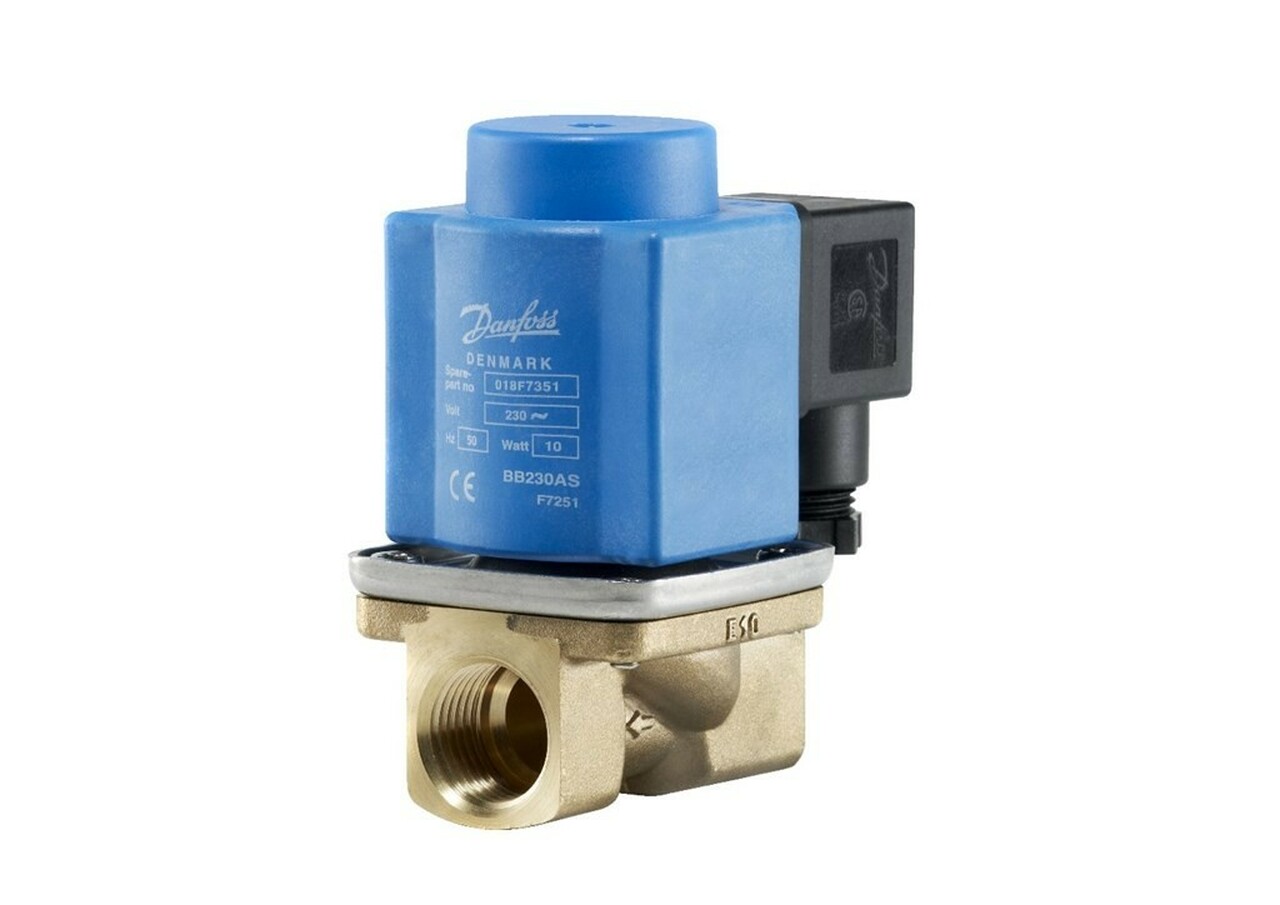Solenoid valves have become an essential component of many industries, including automotive, aerospace, manufacturing, and construction. The valve's ability to control the flow of fluid and gas through pipes and machines has made it a powerful tool for regulating pressure and maintaining safety. In this blog post, we will discuss the benefits, applications, and types of solenoid valves.

Benefits of Solenoid Valves
1. Efficiency - Solenoid valves are highly efficient in their operation, minimizing energy usage and reducing downtime. They only require electrical power to actuate, making them cost-effective and easy to maintain.
2. Precision - Solenoid valves are more accurate than manual valves, ensuring precise control of fluid flow and pressure. This is especially important in applications where the flow rate needs to be regulated constantly or in environments where accuracy is critical.
3. Durability - Solenoid valves are built to withstand harsh environments, including high temperatures, chemicals, and pressure. This makes them suitable for use in demanding applications where traditional valves may fail.
4. Reliability - Solenoid valves are designed to perform consistently, reducing the risk of equipment failure and downtime. They require little maintenance, and their long lifespan makes them a valuable investment for companies.
Applications of Solenoid Valves
1. Water Treatment - Solenoid valves can be used in water treatment applications to regulate the flow of water and disinfectant chemicals. They can be used in controlling the flow of water in swimming pools, water treatment plants, and irrigation and drainage systems.
2. Oil and Gas - Solenoid valves are used in the oil and gas industry to control the flow of oil and gas in pipelines, storage tanks, and injection wells. They are also used in hydraulic systems for machinery used in drilling, transportation, and refining.
3. Medical and Pharmaceutical - Solenoid valves are used in medical equipment, laboratory research, and drug delivery systems. They are critical in regulating the flow of gases and liquids in medical devices such as respirators, anesthesia machines, and dialysis equipment.
4. Automotive - Solenoid valves are also used in the automotive industry for controlling the flow of fuel, coolant, and air conditioning. They are commonly used in engines, transmission systems, and power steering.
Types of Solenoid Valves
1. Direct Acting solenoid valves - These valves operate by using a magnetic coil to control the movement of the valve's plunger. They are simple to install and require low power to operate.
2. Pilot Operated solenoid valves - These valves have a unique design that uses a small pilot valve to control the flow of the main valve. They are ideal for applications where high pressure and large flow rates are required.
3. Two-Way solenoid valves - These are the most common type of solenoid valves and are used in applications where the flow of the fluid needs to be switched on or off.
4. Three-Way solenoid valves - These valves have three ports and are used in applications where the flow of the fluid needs to be redirected between two outlets.
In conclusion, solenoid valves are an essential component of many industries with numerous benefits, applications and types. Choosing the right solenoid valve for your application can be challenging, but it can improve efficiency, reliability and safety in your operations. When looking for a solenoid valve, make sure to select a trusted manufacturer who prioritizes quality, durability, and innovation.